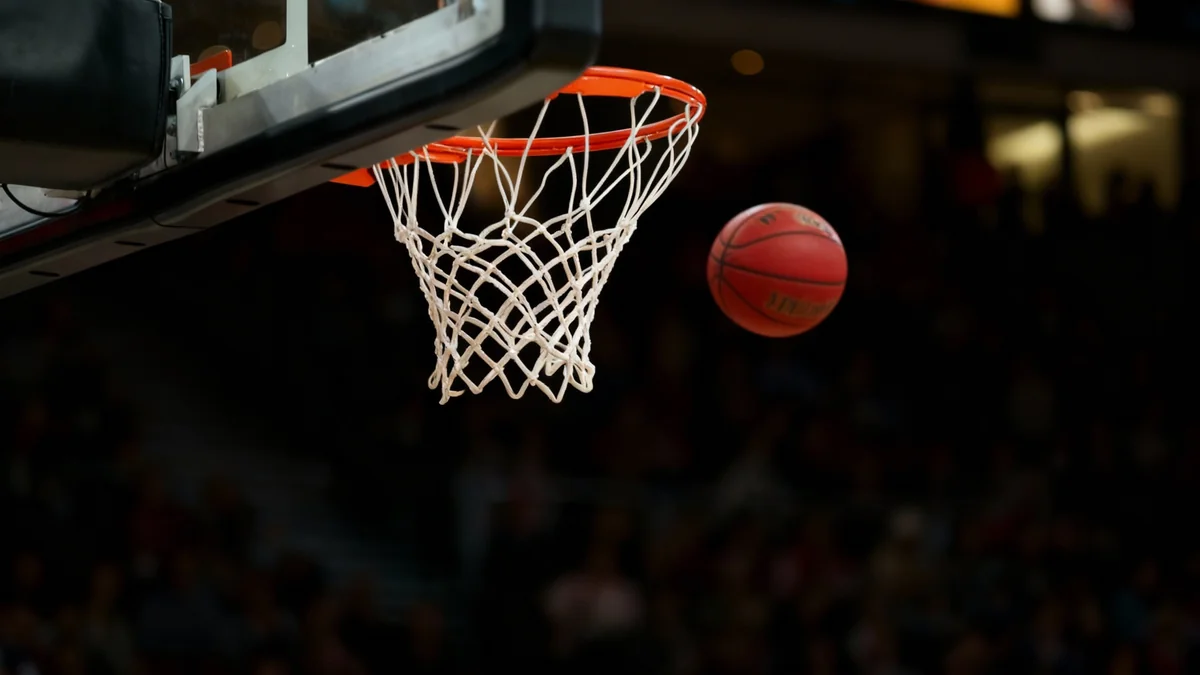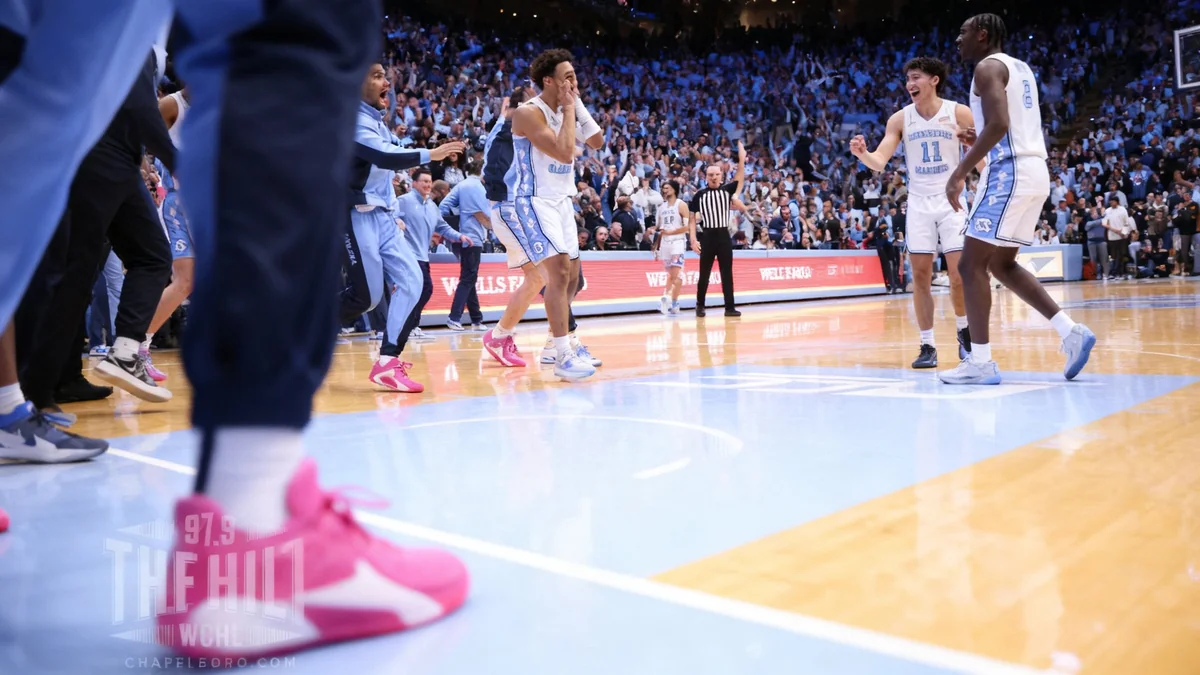A new NCAA rule allowing G League players to return to college basketball has sparked significant debate among coaches. This change permits athletes who have played professionally in the NBA's developmental league to still compete at the collegiate level, provided they are within five years of their high school graduation. The ruling has caught many in the college sports world by surprise, prompting strong reactions and questions about its implications for recruitment and team dynamics.
Key Takeaways
- NCAA now allows G League players to return to college basketball.
- Players must be within five years of high school graduation to be eligible.
- Michigan State coach Tom Izzo expressed strong disapproval of the new rule.
- Louisville is reportedly the first school to sign former G League players under this rule.
- Coaches were largely unaware of the rule change before its implementation.
Coaches React to Unexpected Rule Change
The announcement of this new eligibility rule has sent ripples through college basketball coaching circles. Many head coaches, including Michigan State's Hall of Famer Tom Izzo, learned about the change only recently. Izzo, known for his outspoken nature, did not mince words when discussing his frustration with the NCAA's decision.
He expressed concern over the lack of communication from the NCAA regarding such a significant policy shift. According to Izzo, neither he nor his coaching staff were informed of the rule change prior to its public surfacing. This sudden implementation has left many coaches feeling blindsided and unprepared for its immediate effects on team building and recruitment strategies.
"I know I’m going to get myself in trouble. I listen to people talk about how kids have changed. Kids aren’t the problem. We’re the problem. This was sprung on us yesterday, where a guy can be in the G League for two or three years and then all of a sudden, he’s eligible."
Quick Fact
The G League serves as the official minor league organization of the National Basketball Association (NBA). It provides a developmental pathway for aspiring professional basketball players.
Hubert Davis Considers Implications
Hubert Davis, head coach of the North Carolina Tar Heels, also admitted he was initially unaware of the new G League eligibility rule. When questioned about it during a recent press conference, Davis stated he would investigate the details further. His team is currently preparing for an exhibition game against BYU in Salt Lake City, focusing on integrating nine new scholarship players from the 2025 freshman class and the transfer portal.
The Tar Heels, picked third in the ACC preseason poll, are undergoing a significant roster overhaul. Seth Trimble is the only returning starter from a team that finished with 23 wins last season. Davis emphasized that an exhibition game provides an early look at his revamped squad, but true assessments will come with regular season play.
Background on G League
The G League, formerly known as the NBA D-League, offers professional development and a chance for players to hone their skills while remaining on the NBA's radar. Players receive salaries, which historically made them ineligible for NCAA competition. The new rule represents a significant shift in how the NCAA views professional experience for collegiate athletes.
Louisville Leads with G League Signings
While many coaches are still processing the new rule, at least one ACC program has already moved to utilize it. Louisville, projected to finish second in the ACC preseason poll, has reportedly signed two players with G League experience. These additions represent an immediate impact of the rule, bringing older, professionally seasoned players into the collegiate ranks.
The move by Louisville highlights a potential strategy for other programs looking to gain an advantage. Integrating players with professional training and game experience could significantly alter team compositions and competitive balance. This could lead to a new arms race in recruiting, with teams not only targeting high school prospects and transfer portal athletes but also former G League participants.
Concerns Over Fairness and Competition
Tom Izzo voiced strong concerns about the fairness of allowing players with professional experience to compete against traditional college athletes. He believes the rule is "ridiculous" and "embarrassing." His comments reflect a sentiment that the NCAA may have enacted the rule out of fear of legal challenges, rather than for the benefit of collegiate sports.
- Experience Gap: G League players typically have several years of professional training.
- Physical Maturity: Older players may have a physical advantage over younger college athletes.
- Recruitment Impact: Teams might shift focus from developing high school talent to acquiring ready-made G League veterans.
- NCAA Liability: Some coaches speculate the rule was made to avoid lawsuits related to player eligibility and compensation.
The Future of College Basketball Recruitment
The new G League eligibility rule adds another layer of complexity to college basketball recruitment. Coaches must now consider a wider pool of talent, including players who have already tested the professional waters. This could fundamentally change how rosters are built and how teams prepare for the season.
For programs like North Carolina, which has already seen significant roster turnover with nine new scholarship players, adapting to this rule will be crucial. Coach Davis's initial surprise suggests that many institutions were not prepared for this development. The upcoming season will likely provide the first real test of how these G League additions integrate into college teams and what impact they have on overall competition.
The debate surrounding this rule is expected to continue as more coaches weigh in and more teams explore its potential benefits. The balance between amateurism and professionalism in college sports faces another significant challenge, with the G League rule marking a notable departure from past NCAA policies.
Did You Know?
Last year, the Tar Heels, despite winning 23 games, barely made it into the First Four of the NCAA Tournament. This year's exhibition game against BYU is seen as an early indicator for the new team's potential.




